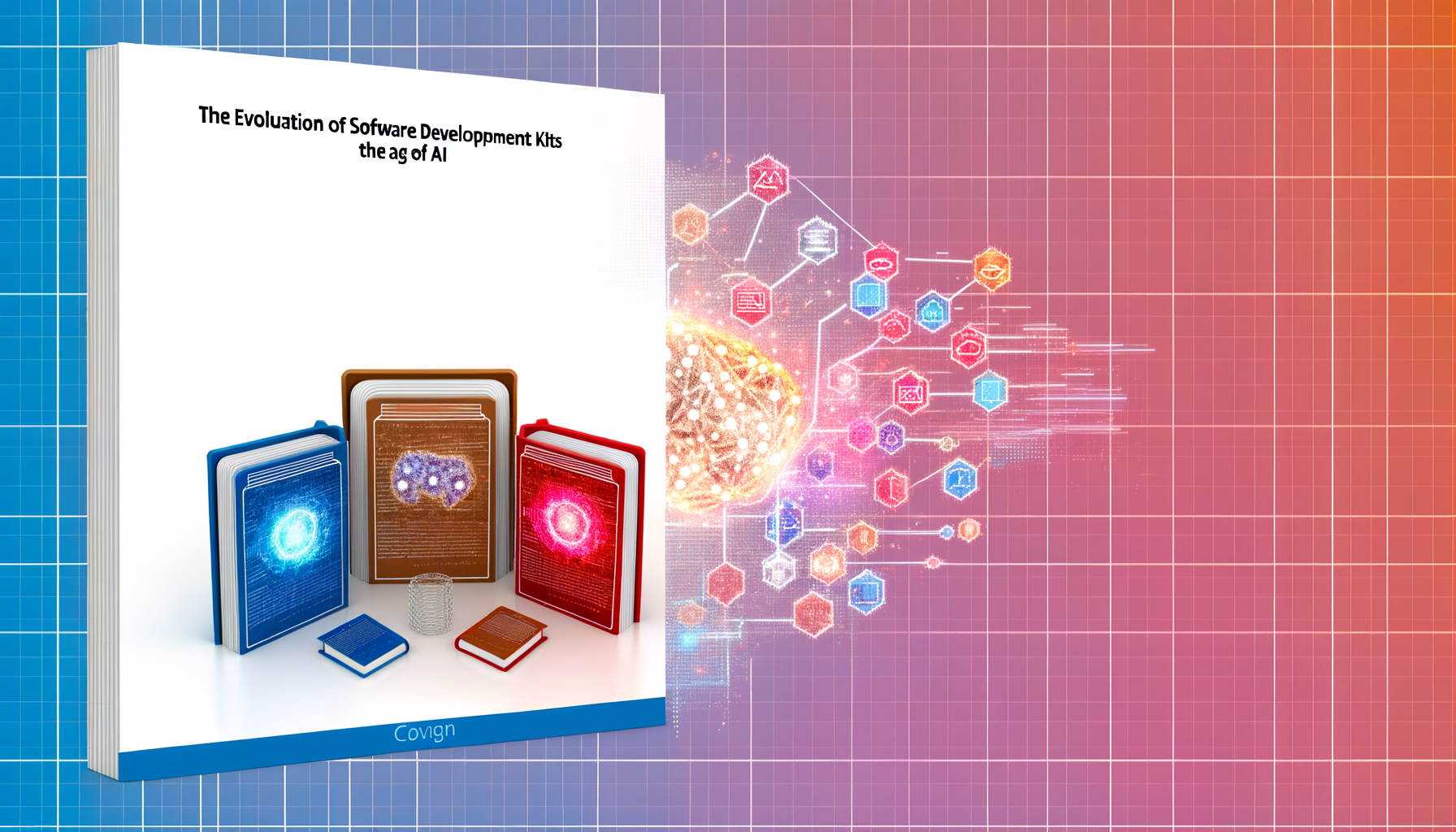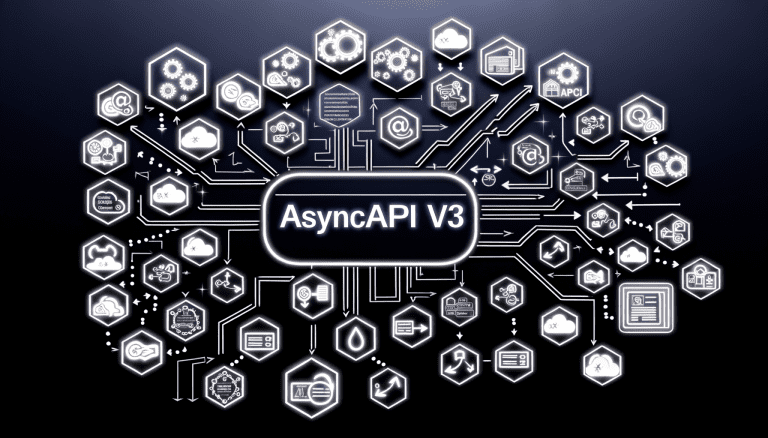Introduction
The emergence of AI technologies has raised the question of whether traditional Software Development Kits (SDKs) still hold value. As AI becomes deeply integrated into various workflows, it’s crucial to evaluate the changing dynamics of SDK usage in development processes.
The Role of SDKs in Development
SDKs have traditionally served as essential tools for developers, providing necessary components, libraries, and documentation to facilitate application development. They streamline the coding process, handle underlying complexities, and help creators focus on core functionalities.
AI Integration in Development
With AI’s rise, developers increasingly rely on machine learning models and AI frameworks. These AI technologies often come with tailored utilities that fulfill specific tasks, potentially reducing reliance on generic SDKs. AI frameworks are becoming more popular due to their ability to handle data-driven tasks efficiently.
Challenges in the AI Age
One of the main challenges is that AI solutions often require new sets of tools and methods, vastly different from what traditional SDKs offer. Integration of AI involves handling large datasets, model training, and addressing ethical concerns related to AI deployment.
Evolution of SDKs
SDKs are evolving to incorporate AI and machine learning capabilities, adapting to the modern developer’s needs. SDKs are starting to include pre-trained AI models and support for popular AI platforms to remain relevant in the AI-dominated landscape.
Conclusion
In conclusion, while AI shifts the development paradigm, SDKs remain relevant by evolving and integrating AI functionalities. They continue to be valuable by providing specialized tools that complement AI development frameworks. Ongoing advancements suggest that SDKs and AI will continue to coexist symbiotically, with each enhancing the capabilities of the other.
View the original article here: https://nordicapis.com/are-sdks-still-relevant-in-the-ai-age/




